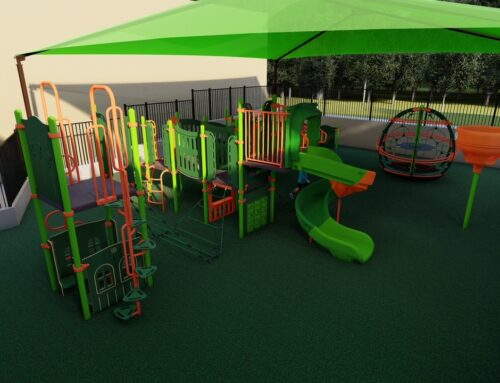When the time came for his first issue as editor of the Woodrow Wilson student newspaper, Tim Berry decided to step outside the school’s immediate borders and take a look at the big picture. As his editorial staff and their faculty advisor, Janelle Bates, were brainstorming ideas for the upcoming edition of the Wildcat News, Berry suggested an in-depth interview with new DISD Superintendent Dr. Bill Rojas.
“I had been following the story of his hiring pretty closely,” says Berry. “I had read all the articles about him in The Dallas Morning News and The Observer.”
The kind of perception that prompts Wildcat staffers to explore what part Woodrow plays as part of a larger system may be one reason why the 20-25 students have received 74 individual awards this year in areas of photography, writing and design. They have performed extremely well at this year’s UIL competition, with 11 out of a possible 12 advancing to regional competition.
Bates says the point of all this is not necessarily to create the great journalists of tomorrow; in fact, she only knows of two potential journalism majors out of this year’s graduating staff.
“Many students who work on the newspaper do not go on to major in Communications,” she says. “The real value that comes from working on the school newspaper is the students’ development in creative thinking and leadership roles. These are qualities that will help them in any field they pursue.”
Editor Berry is actually considering the graphic arts end of the communications profession. Students at Woodrow apply for the position of editor based on their previous performance on the editorial staff, usually starting out as assistant editor. When selected as editor, the individual “hires” his or her own staff.
Regarding Berry, Bates states: “Tim has been an extremely strong member of the Wildcat editorial staff for four years.”
Like any other professional editor, Berry realized that putting together an interview with someone as visible as Rojas would require some extra effort, so he immediately collaborated with Bates to create the questions that would shape the interview and extended the paper’s production deadline to facilitate the high-profile piece. When the time came, nothing was edited out of the original audio transcripts, and the interview appeared in its entirety in the Wildcat News.
Bates says that this kind of experience has far-reaching effects on the newspaper staff. “In a traditional class, students learn by absorbing new information and memorizing it,” she says. “Here, the students do it all, from developing the interview questions to designing the layout.
“Seeing a project through all its stages helps them develop higher thinking skills that they may not get in other classes.”




